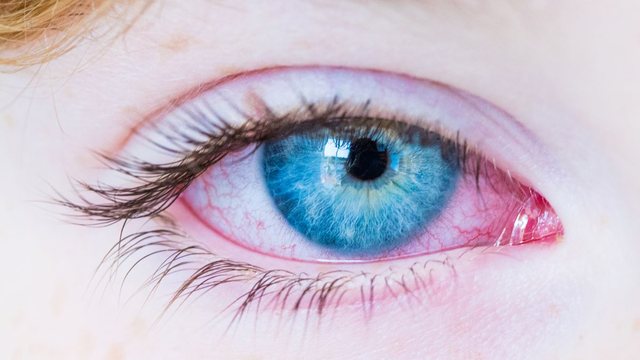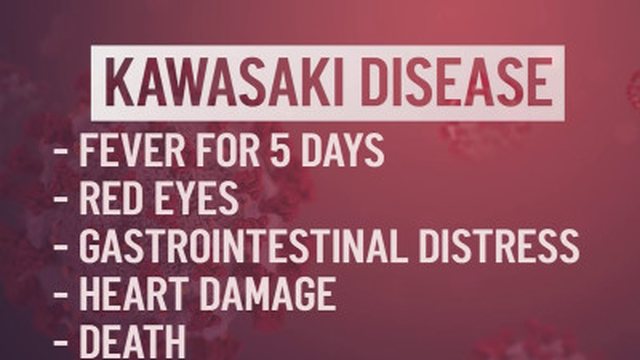
London-based pediatricians in the United Kingdom have warned that a small but growing number of children become ill with a rare coronavirus-related syndrome.
On Sunday, the United Kingdom Pediatric Care Association (PICS) warned of a small increase in the number of cases of children with critical illnesses, some who had tested positive for Covid-19, presenting "features of toxic shock syndrome and atypical â??Kawasakiâ?? disease with blood parameters â?.
What is Kawasaki disease?
Kawasaki disease, also known as Kawasaki syndrome, is a rare childhood disease that causes the walls of blood vessels in the body to become irritated.
According to the UK National Health Service (NHS), it mainly affects children under the age of 5, although it can affect children of any age.
Symptoms include a high fever that lasts five days or longer, along with a rash on the neck, dry, cracked lips, fingers, and red eyes.

If treated, the symptoms usually become less severe, the NHS said, adding that the disease is not contagious.
â??Fortunately Kawasaki-like diseases are very rare, as they are currently serious complications in children in connection with Covid-19, but it is important that clinicians become aware so that they are able to give to children and "Careful care for young people," said Professor Simon Kenny, NHS's national clinical director for children and young people, in a statement sent to CNN on Monday.
Kawasaki treatment can worsen children's health by putting them at risk for a heart attack.
What causes Kawasaki disease?
Experts acknowledge that the causes of Kawasaki disease are not fully understood, but think that children who develop it may be genetically predisposed to it, having inherited genes inherited from their parents.
The disease itself is not contagious, according to the NHS, which means it is unlikely to be caused by a single virus.
What is the connection with Covid-19?
The link between Kaasaki disease and Covid-19 disease is unclear, but health care professionals have assured parents that the risk of children becoming seriously ill with the virus remains low.





